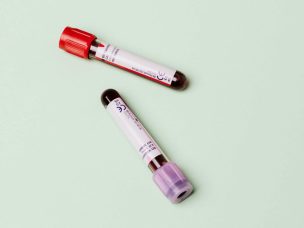MONDAY, Feb. 22, 2021 (HealthDay News) — Large visit-to-visit hemoglobin A1c (HbA1c) variability is associated with an increased risk for cardiovascular disease in patients with type 2 diabetes, according to a study published in the January issue of Diabetes, Obesity & Metabolism.
Yun Shen, M.D., from the Pennington Biomedical Research Center in Baton Rouge, Louisiana, and colleagues examined the association between visit-to-visit HbA1c variability and the risk for cardiovascular disease in patients with type 2 diabetes. The analysis included 29,260 patients with at least four HbA1c measurements within two years of type 2 diabetes diagnosis.
During a mean follow-up of 4.18 years, the researchers found 3,746 incident cardiovascular disease cases. For the first, second, third, and fourth quartiles of HbA1c values, the adjusted hazard ratios for cardiovascular disease were 1.00, 1.30, 1.40, and 1.59, respectively. Similar associations were seen when examining the HbA1c coefficient of variation and adjusted HbA1c standard deviations as exposures. There was also an association observed between HbA1c variability and risk for first and recurrent severe hypoglycemic events. Severe hypoglycemia mediated the association between HbA1c variability and incident cardiovascular disease.
“We recommend that patients and their doctors implement therapies that can reduce wide swings in blood sugar levels and the associated episodes of severe low blood sugar,” a coauthor said in a statement. “Our findings suggest that measuring the swings in blood hemoglobin A1c levels over a specific time — six months to a year, for example — could serve as a supplemental blood sugar target.”
Abstract/Full Text (subscription or payment may be required)










